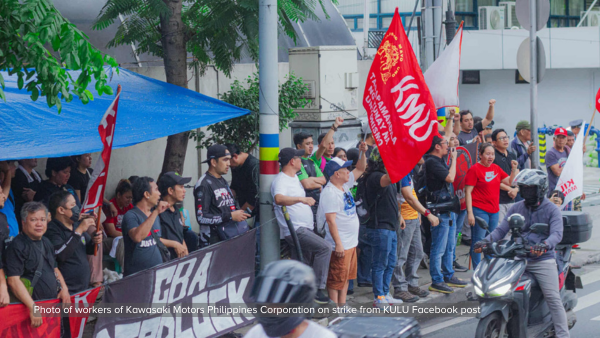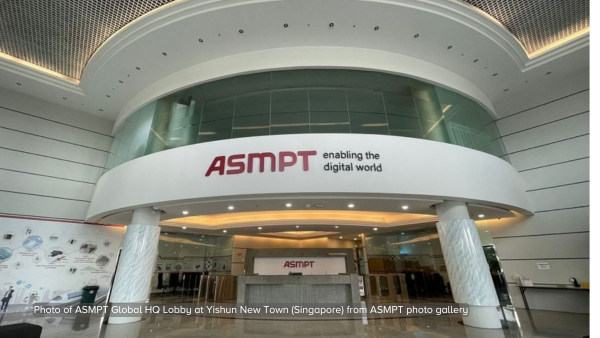Apple started an investigation after SACOM’s report revealed that it’s supplier Quanta Computer employed students to make Apple Watches in the Chinese city of Chongqing. These students didn’t worked voluntarily, worked overtime and their activities had nothing to do with learning. Such practices violate Chinese regulations and Apple’s own standards.
As reported by CNN: “Students aged 16 to 19 were forced by their schools to work at the factory [in Chongqing at the Qanta plant, ed.] in through compulsory internships, placed in jobs unrelated to their field of study, often made to work excessive overtime, and in some cases put on overnight shifts. All four of those practices violate Chinese regulations and Apple’s own standards”, SACOM said.
How does Apple manages its supply chain, is a question that pops up with this kind of allegations. Usually Apple announces new products in October, needing a lot of temporary labour which are hard to find. For example, at the Foxconn plant labour force can triple from 10,000 to 300.000 workers in busy periods. Forced student labour has become increasingly common in China’s factories, as companies struggle to keep costs low as wages rise. This situation makes clear that brands purchasing practices, like Apple’s, have a direct negative impact on working conditions.
Apple claimed that it had audited its supplier three times without finding student interns in Chongqing at the Qanta plant. But SACOM interviewed 28 students at the plant in Chongqing municipality over the summer, and all of them said they had not voluntarily applied to work there. SACOM’s report makes it very clear that the auditing system used by companies and the industry fails to identify labour rights violations.









